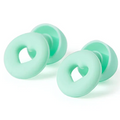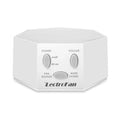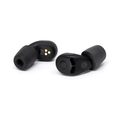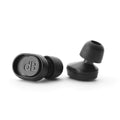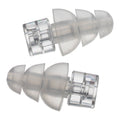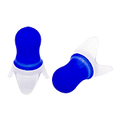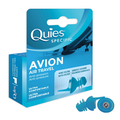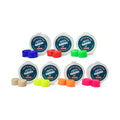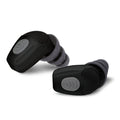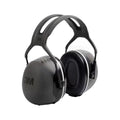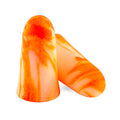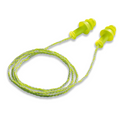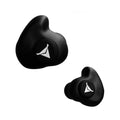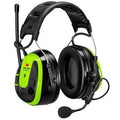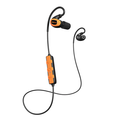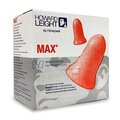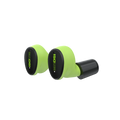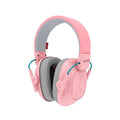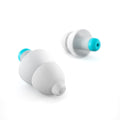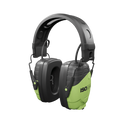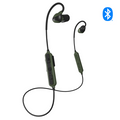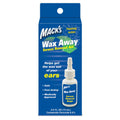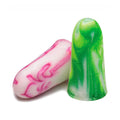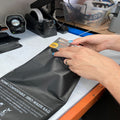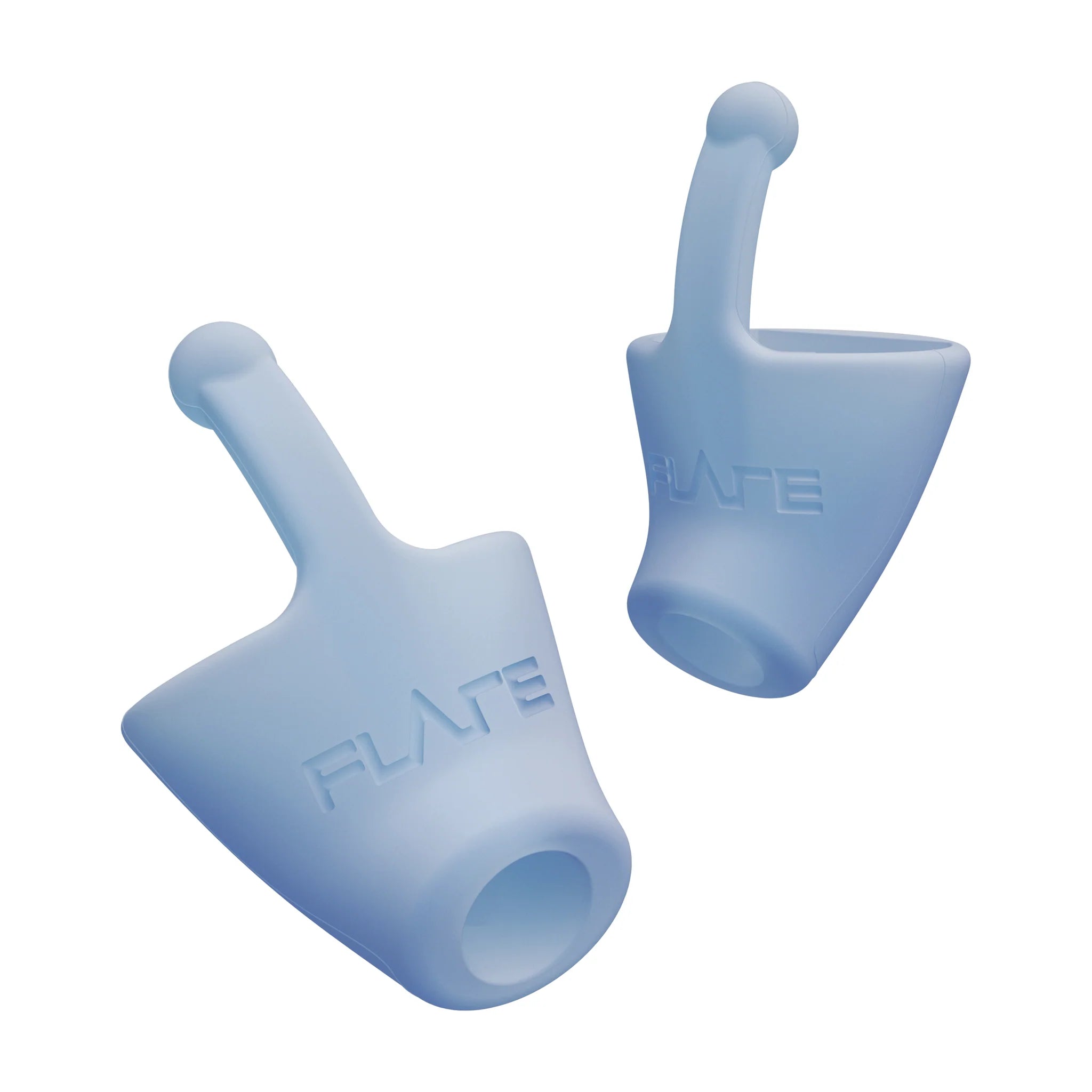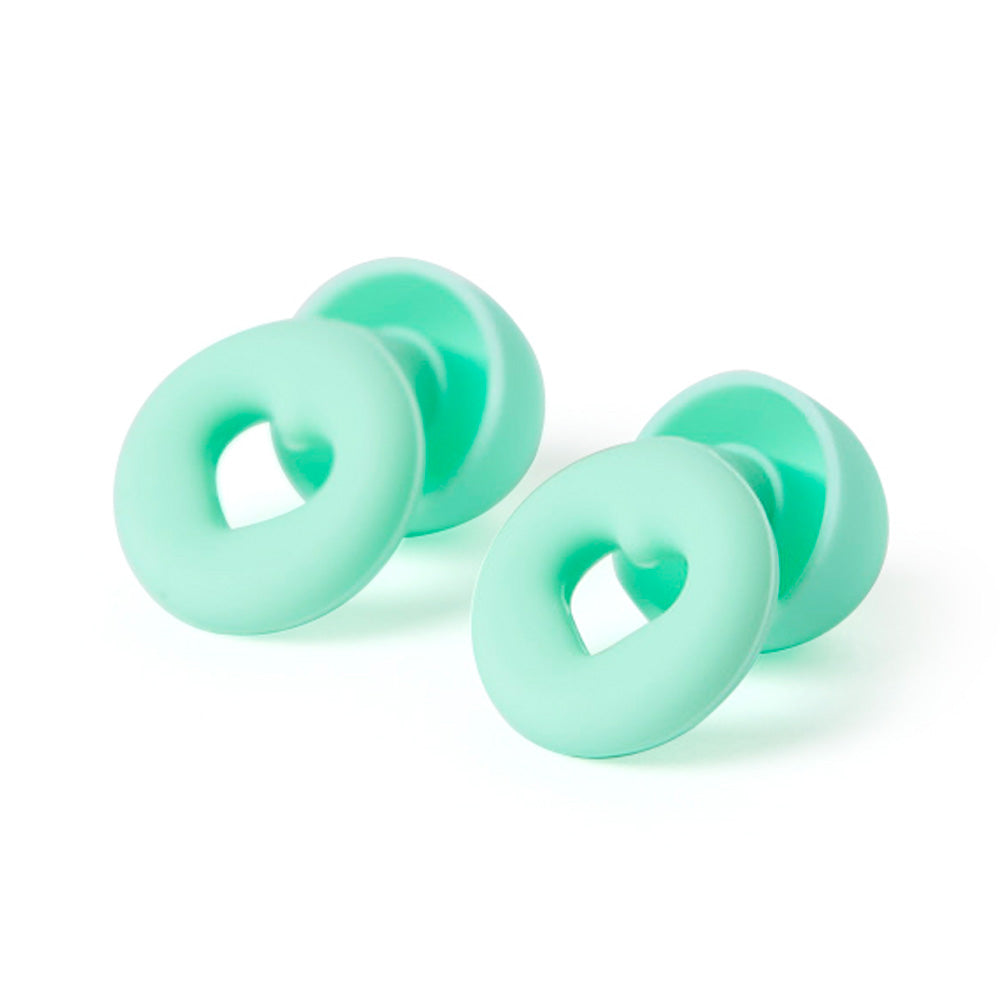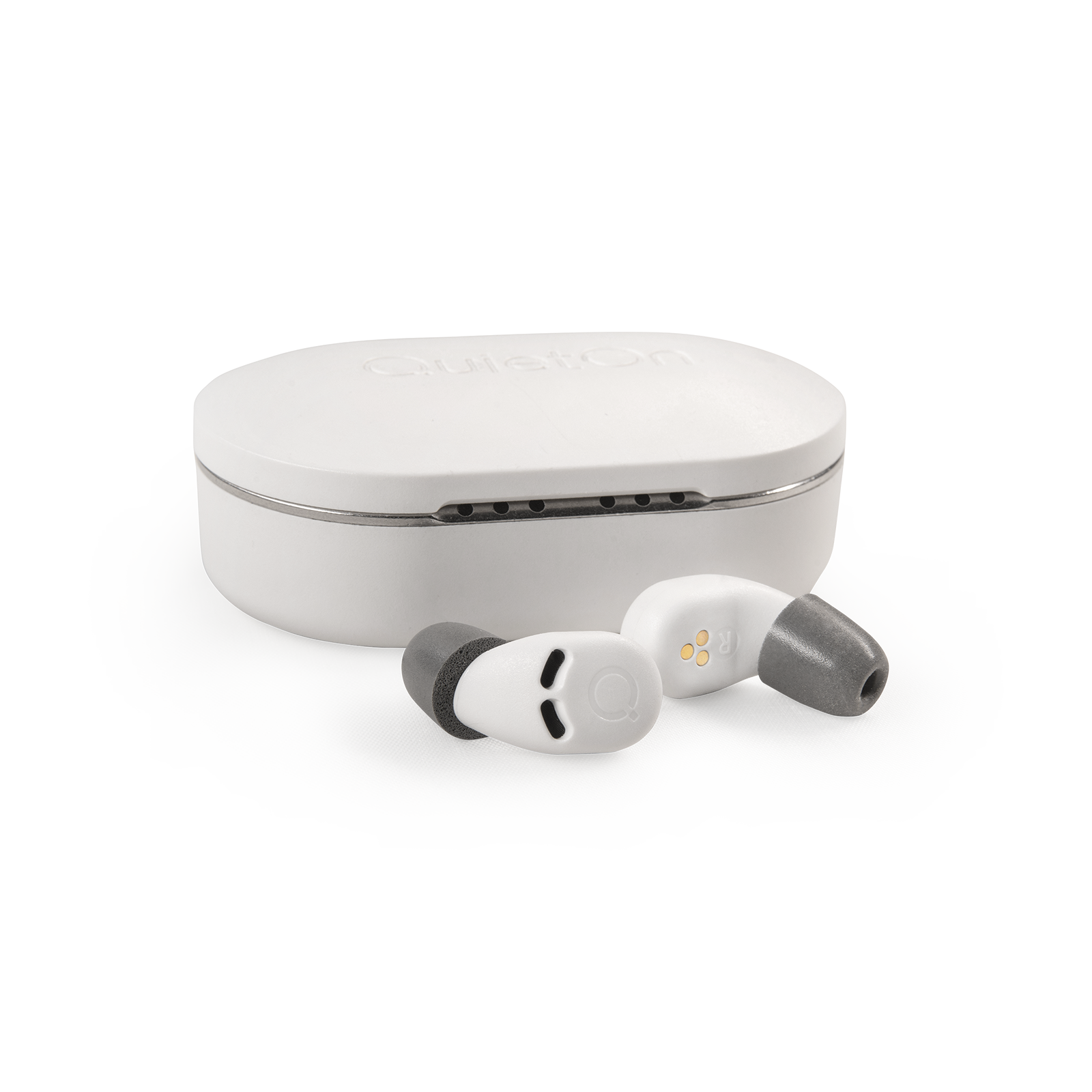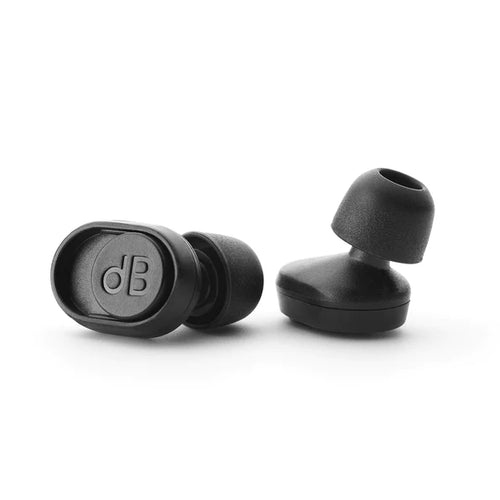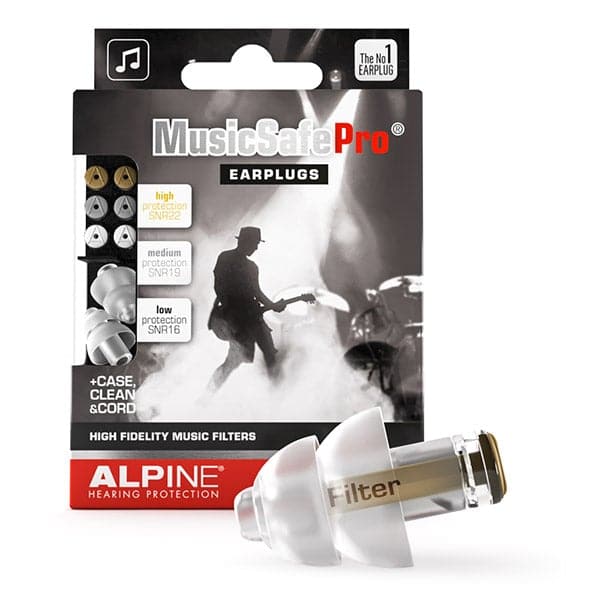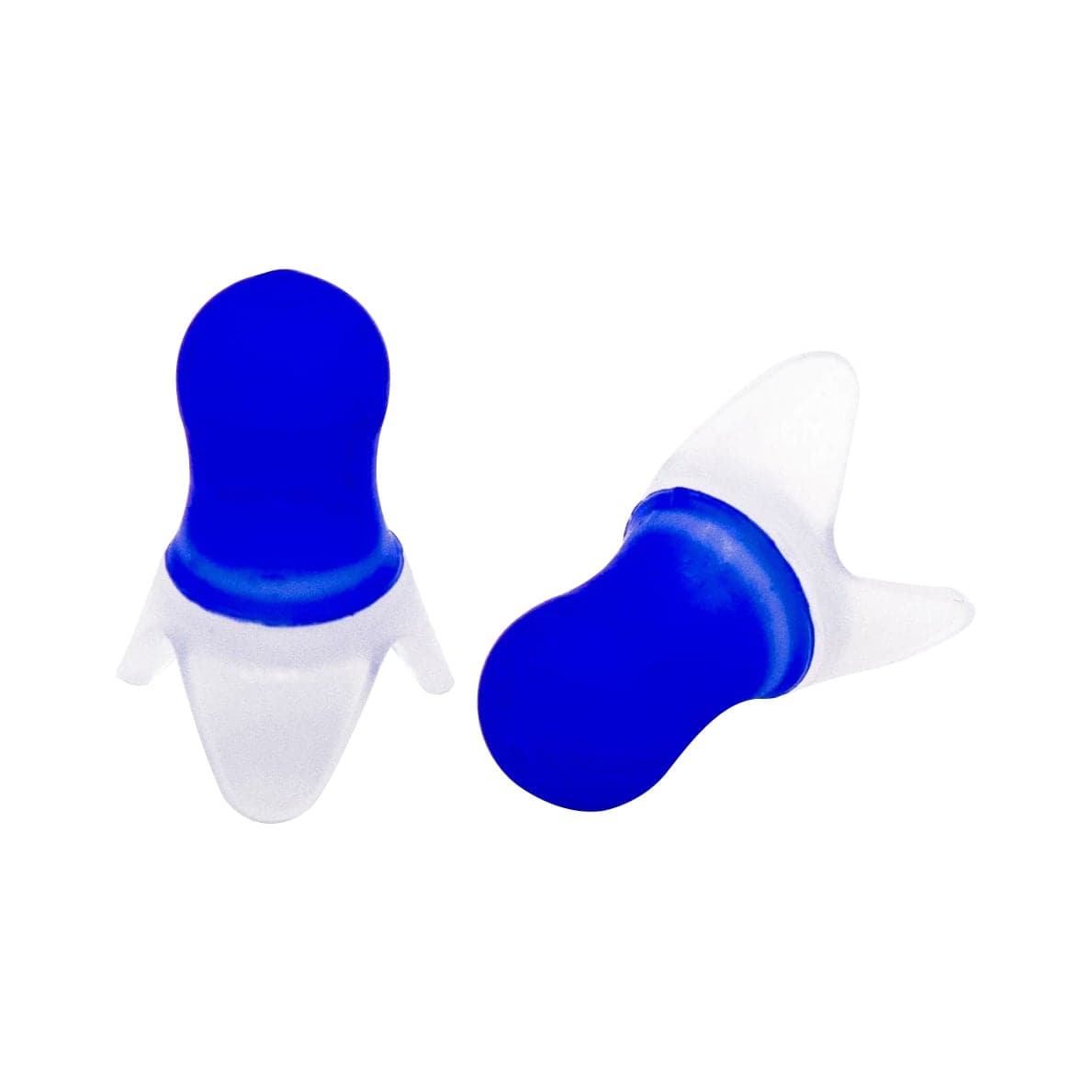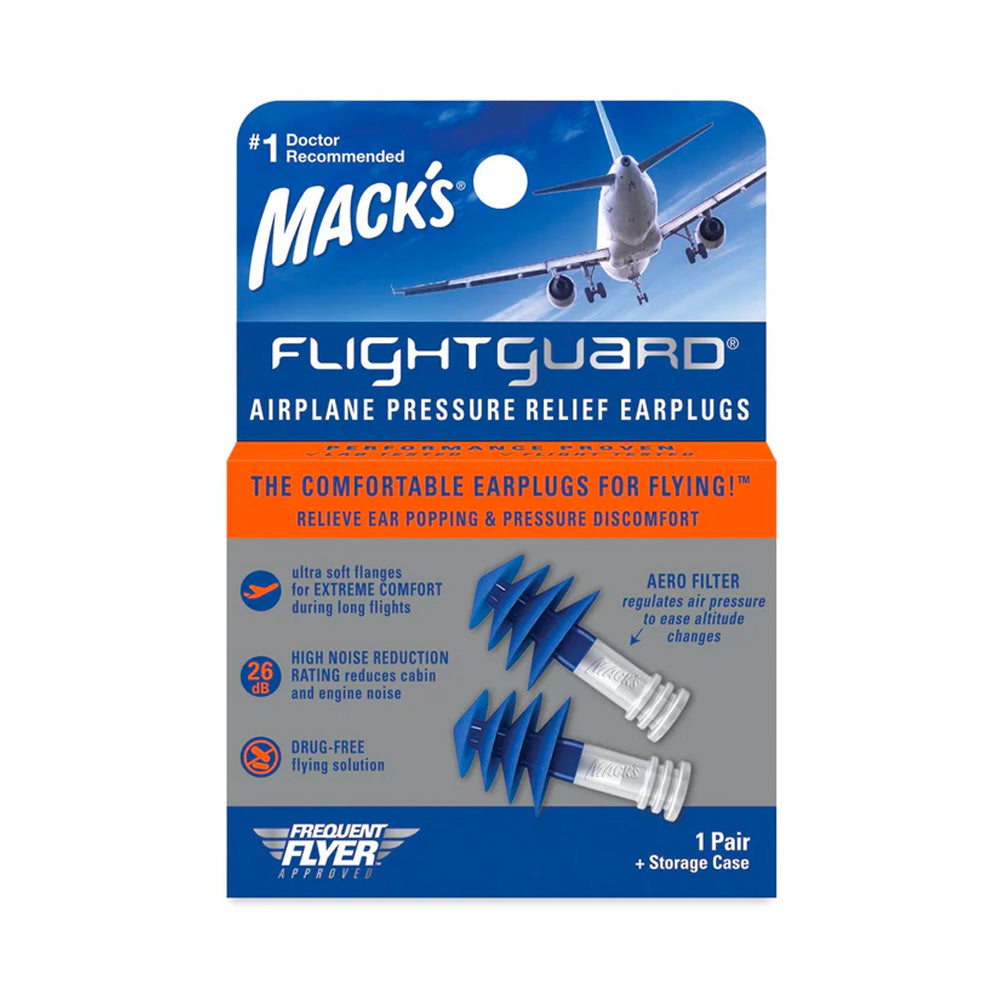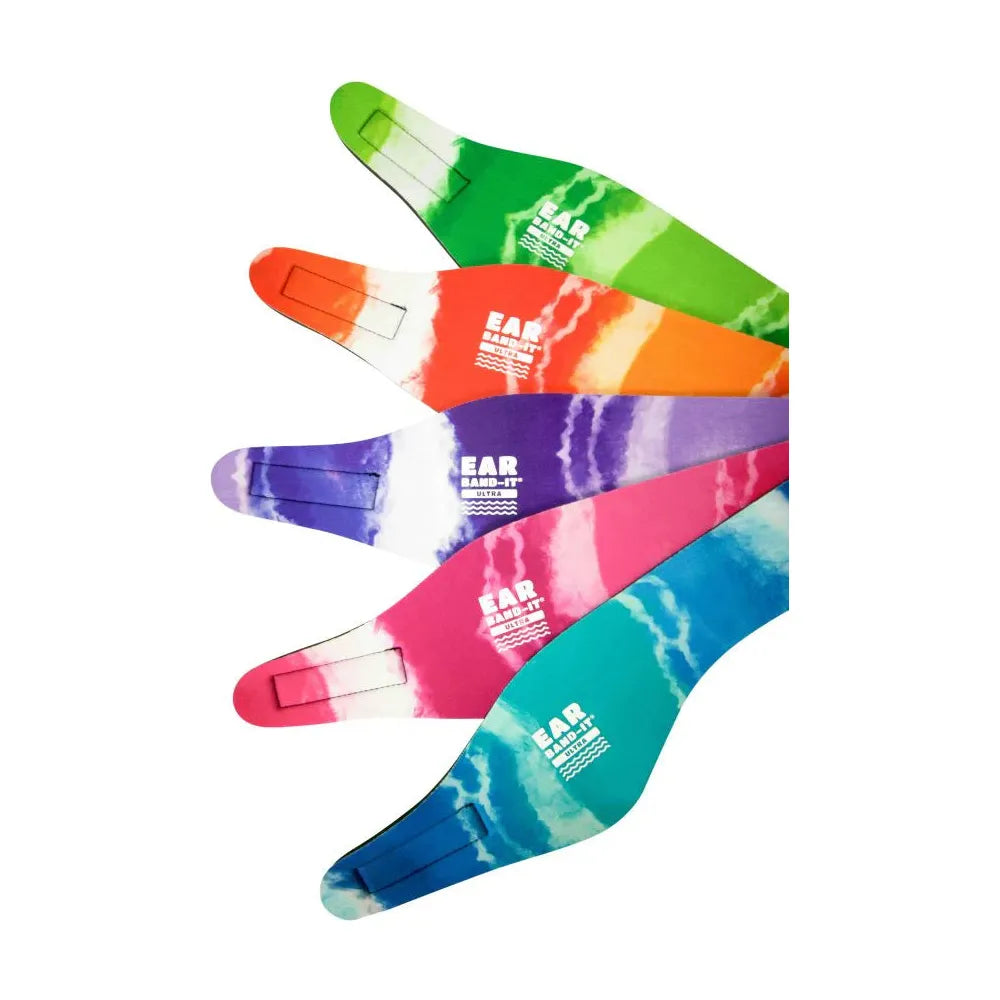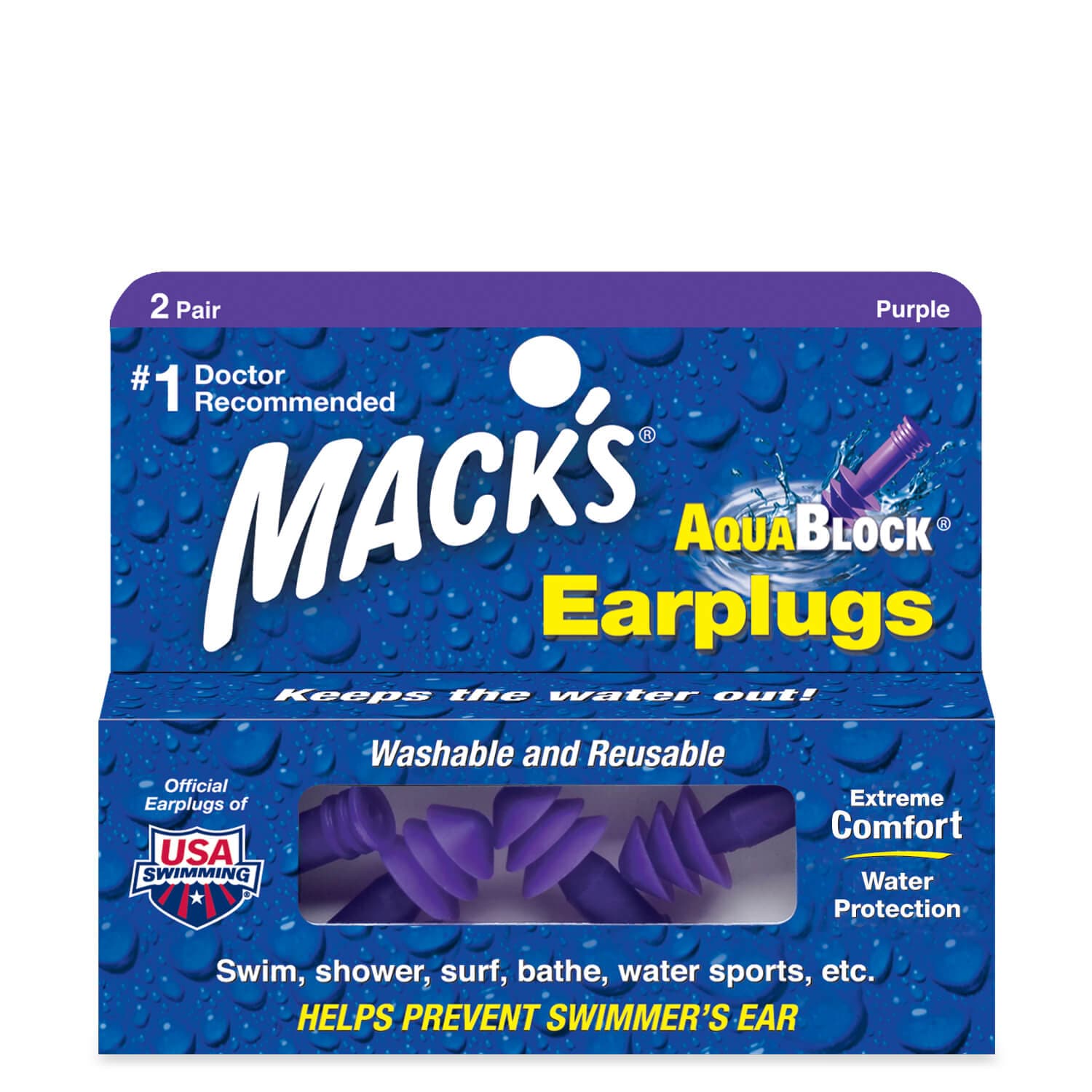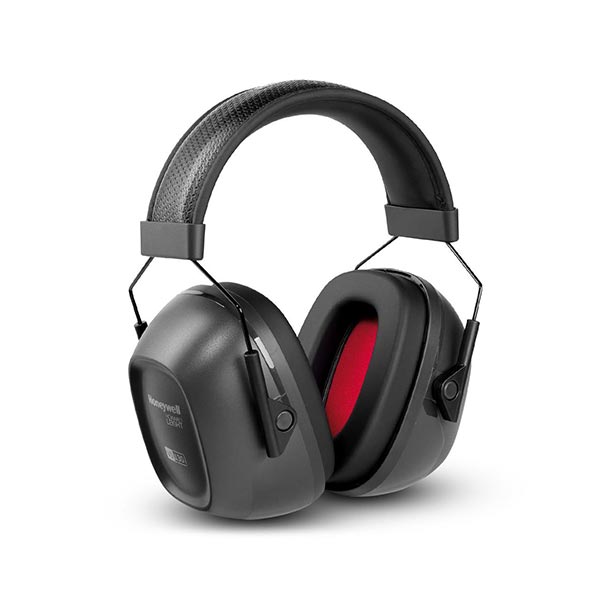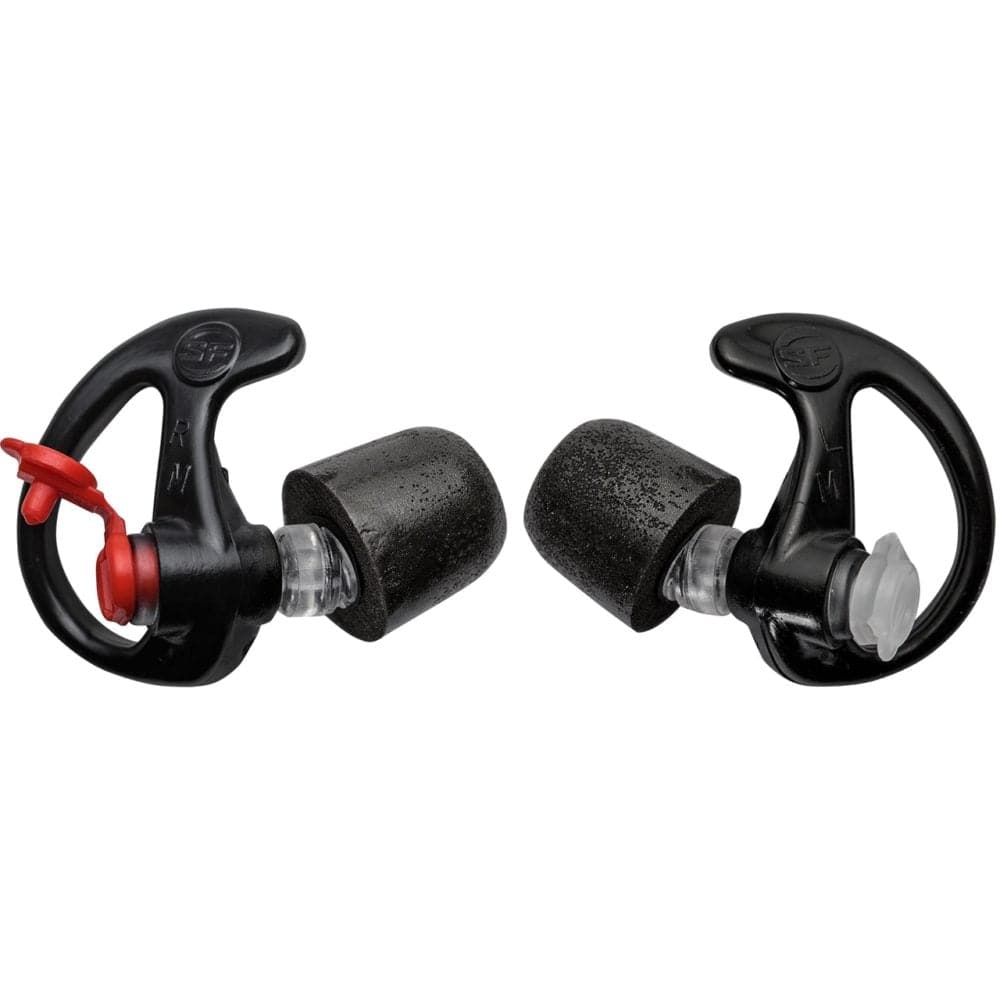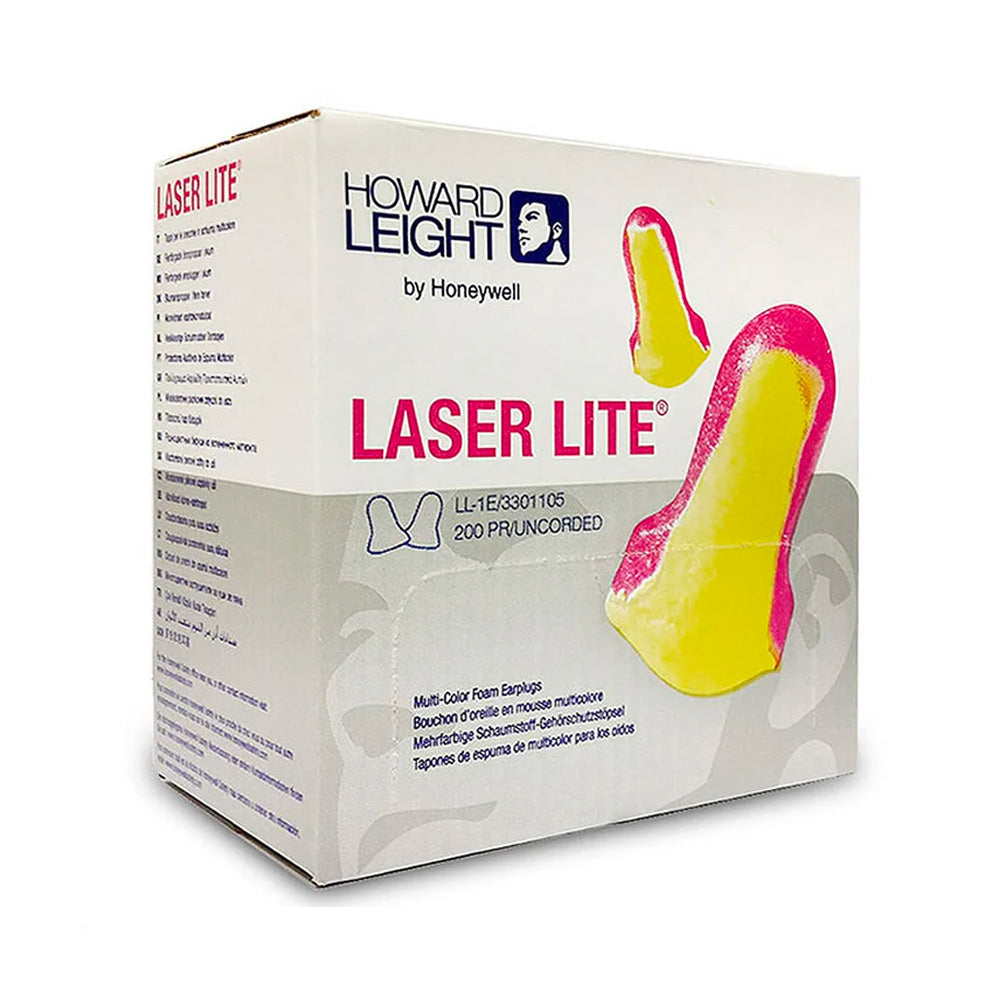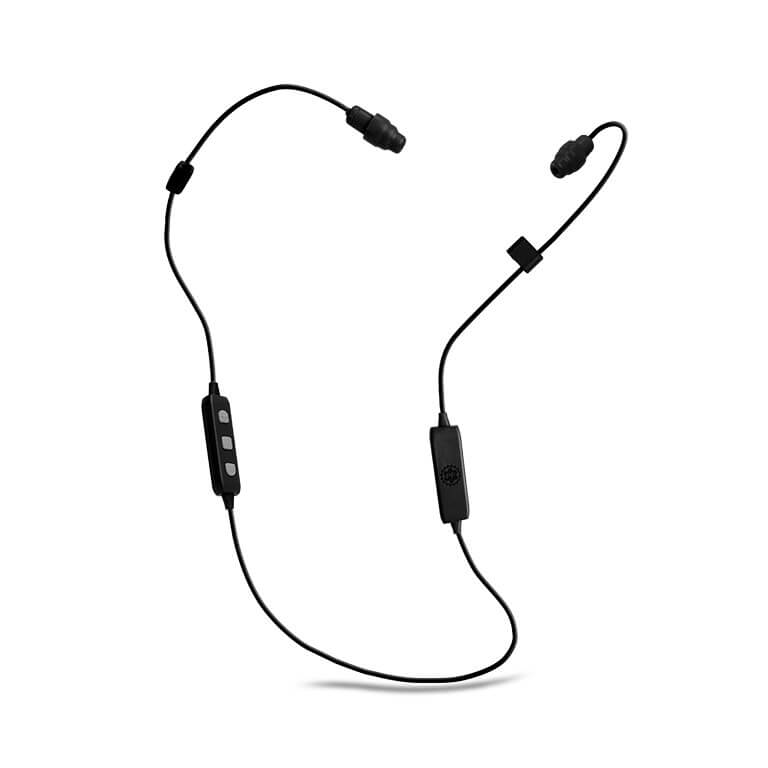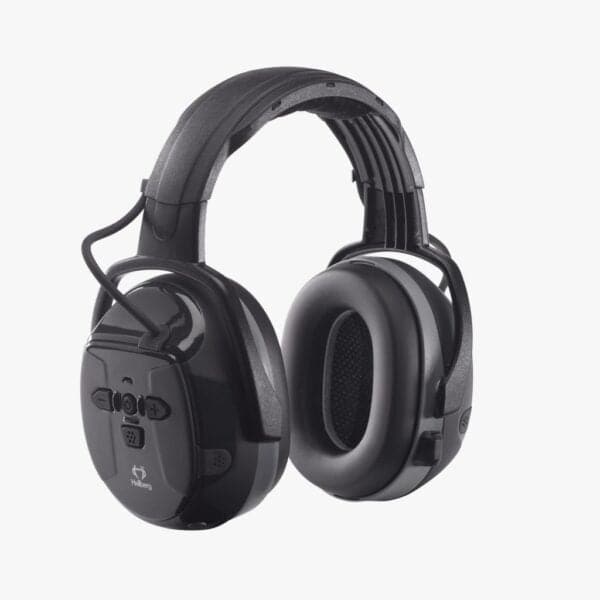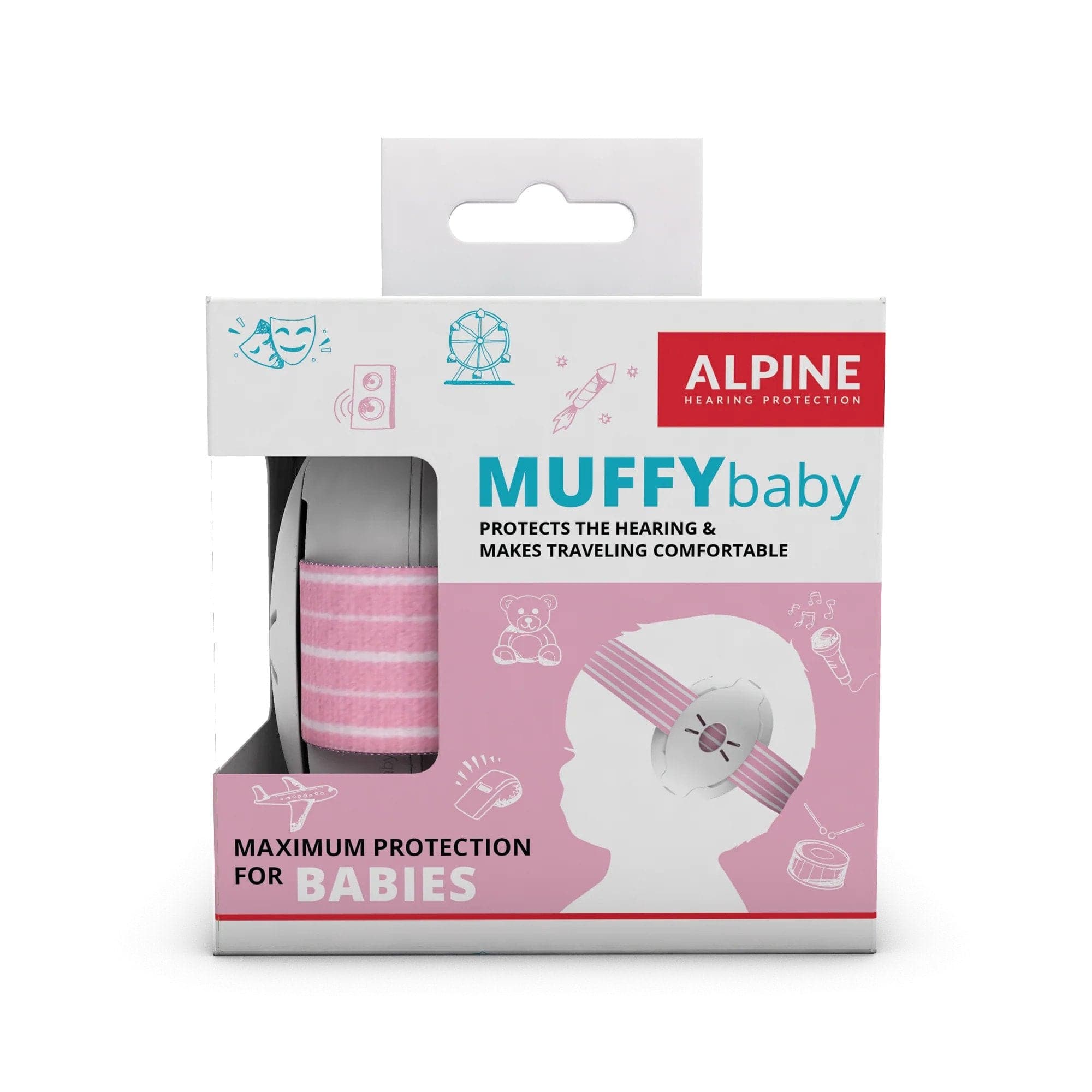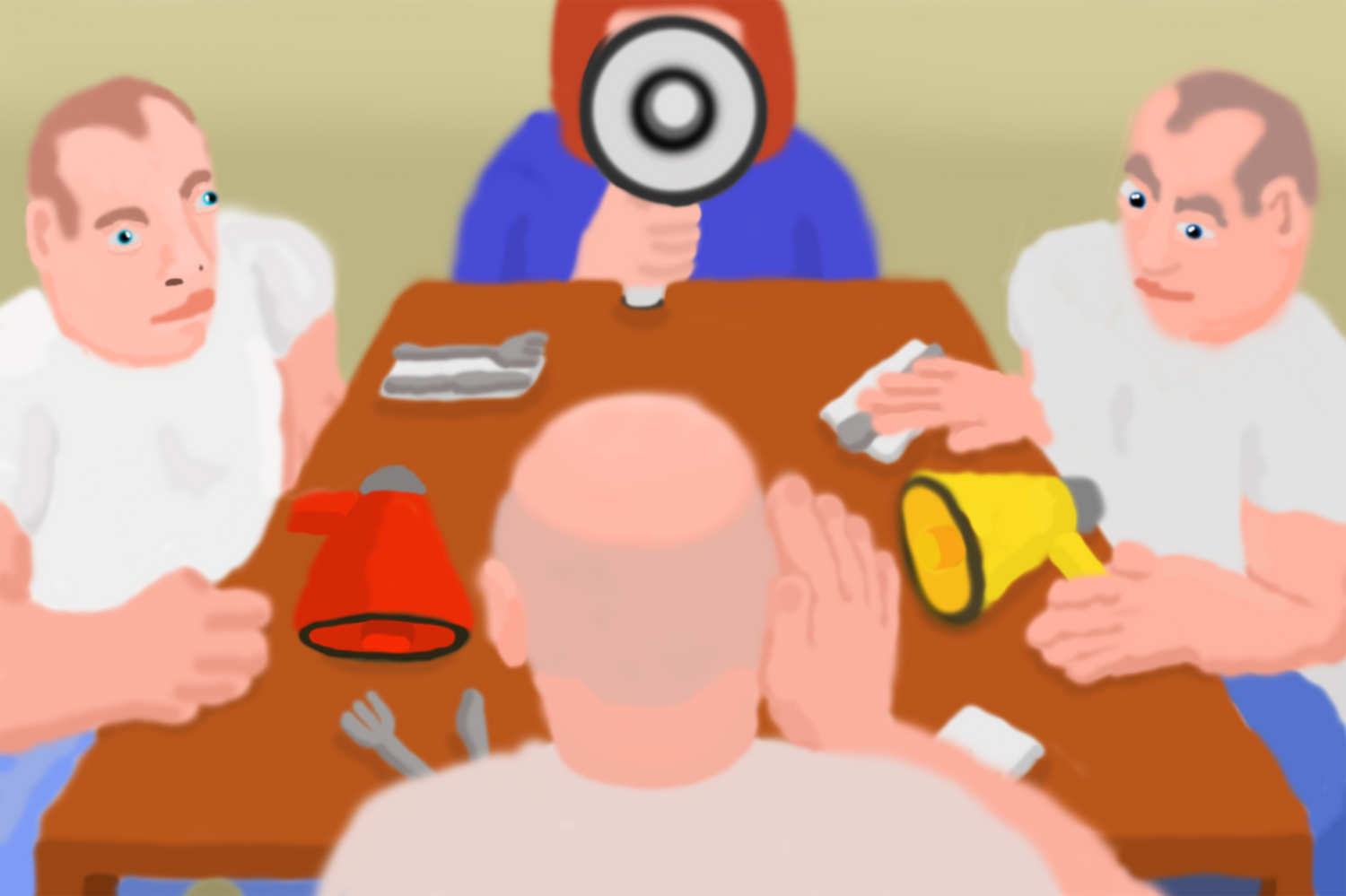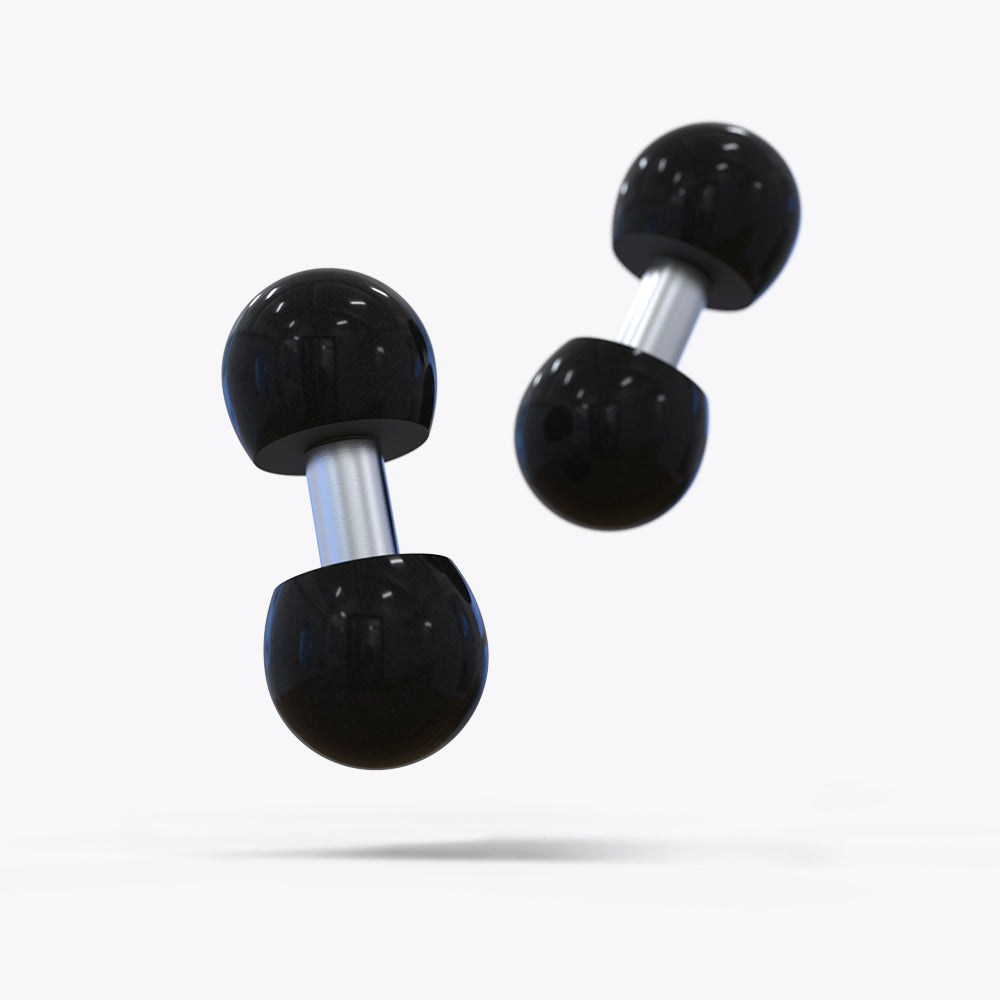According to the Australian government, 3.6 million people — or about 1 in 6 Australians — suffer from hearing loss. Worse, about a third of these are instances of preventable hearing loss. For sufferers, quality of life diminishes, they find themselves less able to socialise or communicate, and they often lose out on pastimes they previously enjoyed.
Do you love attending concerts? Jamming? Motorcycling? Or just tinkering around in your shed? All of these are wonderful pastimes but can, without proper equipment, lead to irreversible hearing loss. Worse, hearing damage is -- for now -- irreversible. You cannot regain what you’ve lost.
The issue with accurately diagnosing hearing loss at first instance is that many sufferers don’t actually realise they have damaged ears. The brain knows how to adjust, without even realising people learn how to lip-read or piece together their surroundings, allowing them to keep living with damaged hearing.
In this quiz, we’re going to outline a few common indications of hearing damage. If you find yourself answering YES to many of these, book in with your GP for a hearing test. Remember, you can’t get the hearing back, but you can preserve what you have.
Quiz:
- Do you find it difficult to hear someone speak when they aren’t facing you?
- Do you experience persistent ringing or buzzing noise in your ear, even in quiet rooms?
- Do you need to listen to music at over 75% of the volume?
- Do you have trouble differentiating between sounds? For example, identifying one speaker’s conversation in a loud room.
- Do you struggle to hear music on your phone or laptop if it’s at less than 50% volume?
- Are you often exposed to loud noises, either at work or recreationally? (Concerts, Shooting)
- Do you feel like your friends and family always listen to the television or radio too quietly?
- Are there certain sounds that cause you distress or anxiety? For example, a high pitched squeal.
If you’ve answered Yes to more than five of these questions, it’s likely you are experiencing some form of mild to moderate hearing loss. The first thing you should do is speak to your GP about a referral for a hearing test.
This can identify the specific nature of the loss and help to identify its source. If you are experiencing hearing loss, it’s important to take an audit of your daily life to try and determine the source of the damage, for example:
- Working in an industrial setting or with power tools;
- Attending loud concerts or playing instruments without hearing protection;
- Listening to music through ear phones at a high volume;
These can all contribute to irreversible hearing damage. Once you know the nature of the damage and its source, you should immediately seek appropriate hearing protection. We have guides specifically targeting
The best plugs for musicians and festival heads
The best plugs for industrial work sites
The best plugs for motorcycling
All of these can immediately assist in protecting your ears and preserving your hearing into the future.
If you’ve answered Yes to three to five of these questions, you might be in the early stages of hearing loss. For you, the prognosis is far better: protect your ears now and you can cease the decline. It’s worth seeking out a free hearing test (SpecSavers offer one, check out our guide here) and also charting the possible sources of hearing damage.
Remember, hearing damage is something that compounds over time. You might only have mild hearing loss now, but it will continue to worsen without either lifestyle changes or an improvement in the quality of hearing protection. It’s worth having a talk to your GP (as there may be a medical or hereditary cause) but if it’s a product of work or music then you need to improve your ear plugs and muffs, ASAP!
If you’ve answered No to all of these questions, congratulations your ears are well preserved. It’s likely you already take good care of your ears, or you are careful in avoiding the kinds of settings that could cause damage. Keep it up!
If you have questions or comments about your ears and are looking for guidance, don’t hesitate to shoot us an email at support@earjobs.com.au. All inquiries are confidential, and our customer service team is ready to answer all week long.

